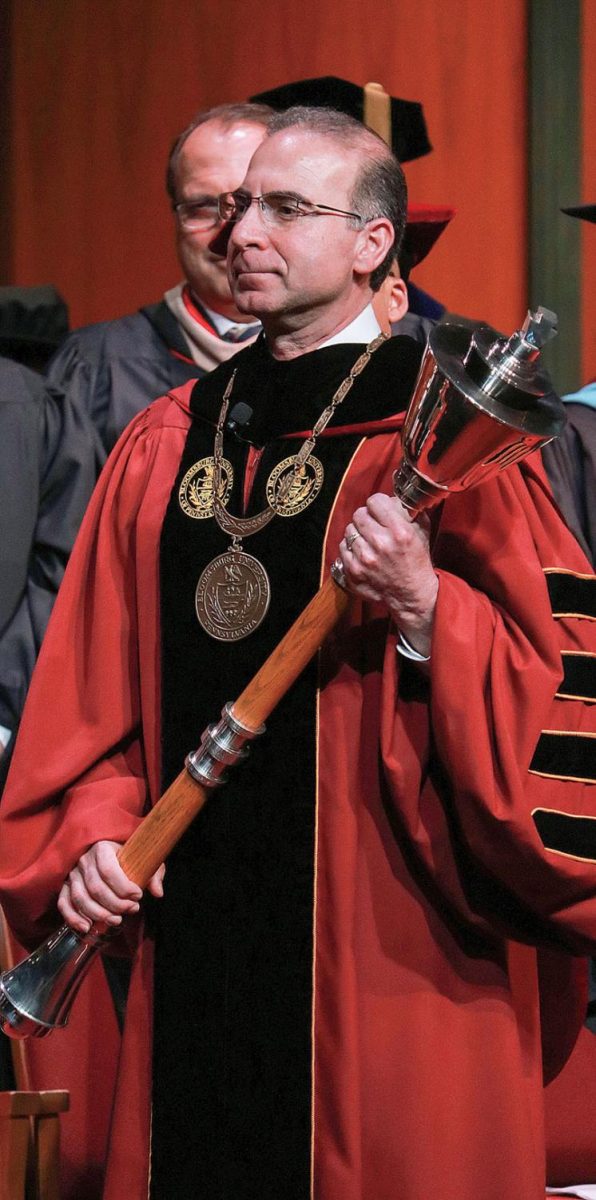With projected cuts to student support and other funding, Commonwealth University (CU) is facing a
possible difficult situation that could affect the cost of higher education for students from different
socioeconomic backgrounds and academic standings. For the fall 2024 class, the CU administration has
made suggestions on potential changes to its scholarship awarding strategy in December 2023. These
changes could impact retention and diversity rates at all campuses. These possible changes highlight the
significance of education that is available to all.
The concluding impacts and summary area from the CU high-risk update from Dec. 18, 2023, provided by
the Vice President for Fiscal Affairs and Chief Financial Officer, point to alleged adjustments to the
scholarship awarding strategy.
This includes impacts on reduction of need-based aid ($1.5M annually), elimination of the Board of
Governors award ($0.3M annually), reduction of athletic and other waivers ($76,400 annually), reduction
of out of state awards (except for the Mansfield campus for New York State Southern tier applicants) Yet,
first-time full-time applications are up 35% at Mansfield, 23% at Lock Haven and 21% at Bloomsburg.
If financial aid is insufficient, students could have to depend more on loans to pay for their education.
Higher levels of student debt upon graduation may arise from this, posing long-term financial difficulties
for graduates when they enter the job field. Reduced need-based aid limits low-income students’ access to
higher education. This could dissuade them from college or make them take on more employment to pay
for it.
Ironically, to improve affordability by freezing tuition, CU administration is considering doing away with
the Board of Governors award and other need-based aid. On July 27, 2023, the Pennsylvania State System
of Higher Education (PASSHE) Board of Governors stated that they had unanimously decided to freeze
tuition for the 2023–2024 academic year.
But, if student financial help is to be reduced, then the usefulness of tuition freeze is called into question.
What purpose does freezing tuition serve if student aid is to be cut? A steady tuition rate serves a positive
impact on future applicants as many universities, such as Temple University, continue to raise their prices
in and out-of-state each year. Students have been fortunate to have steady rates for the last six years, but
student aid has also played into account for many.
3 Takeaways:
1. Commonwealth University is facing anticipated cuts to student assistance and other finances, which
might jeopardize the affordability of higher education for students of all income levels and academic
status.
2. These cuts may result in an increased reliance on loans, more student debt after graduation, and less
accessibility to higher education for students with limited financial resources, thereby discouraging them
from attending college.
3. Despite efforts to freeze tuition rates to improve affordability, CU’s consideration of eliminating need-
based aid raises concerns about the efficacy of such actions in the face of impending funding cuts,
highlighting the delicate balance between affordability and funding challenges in higher education.
















